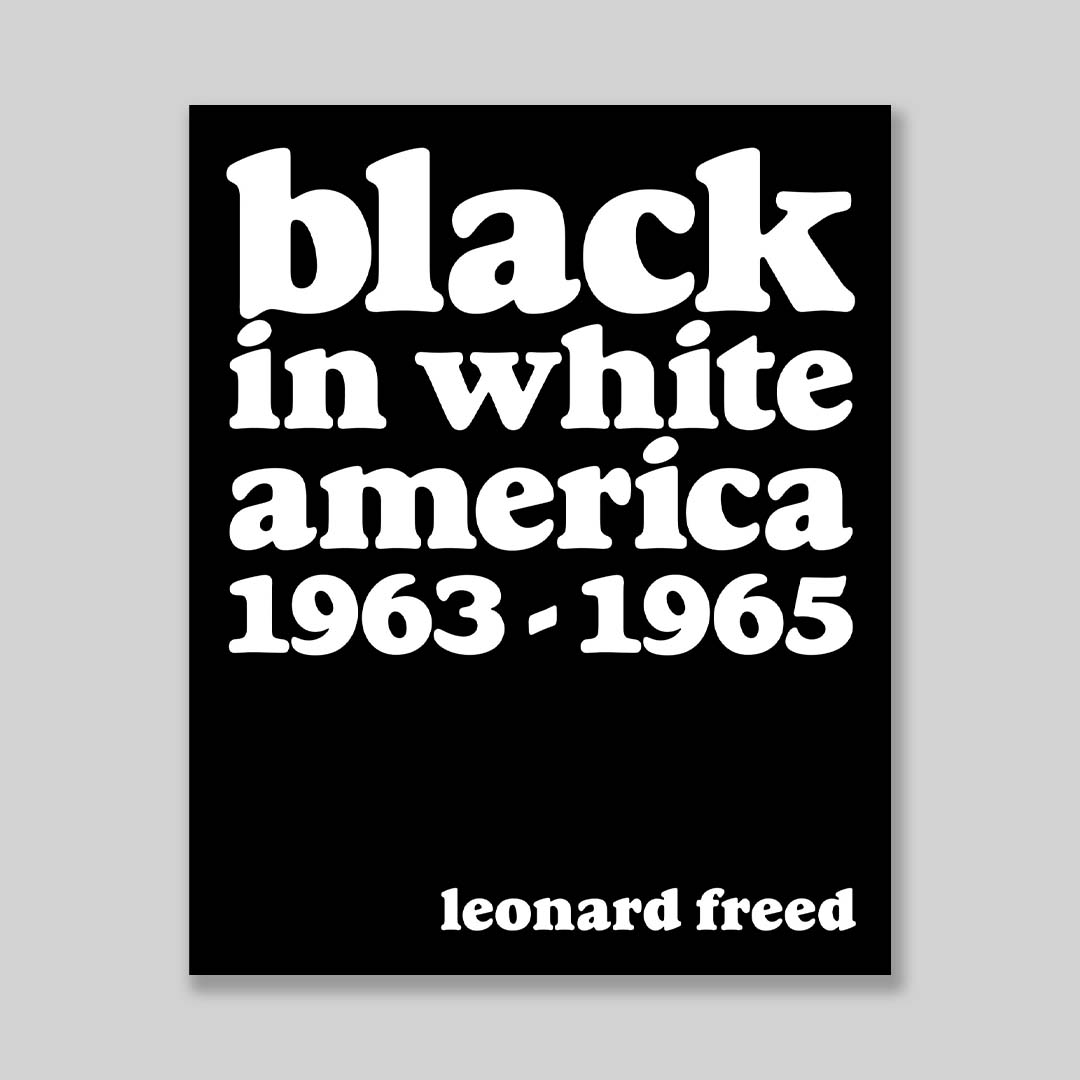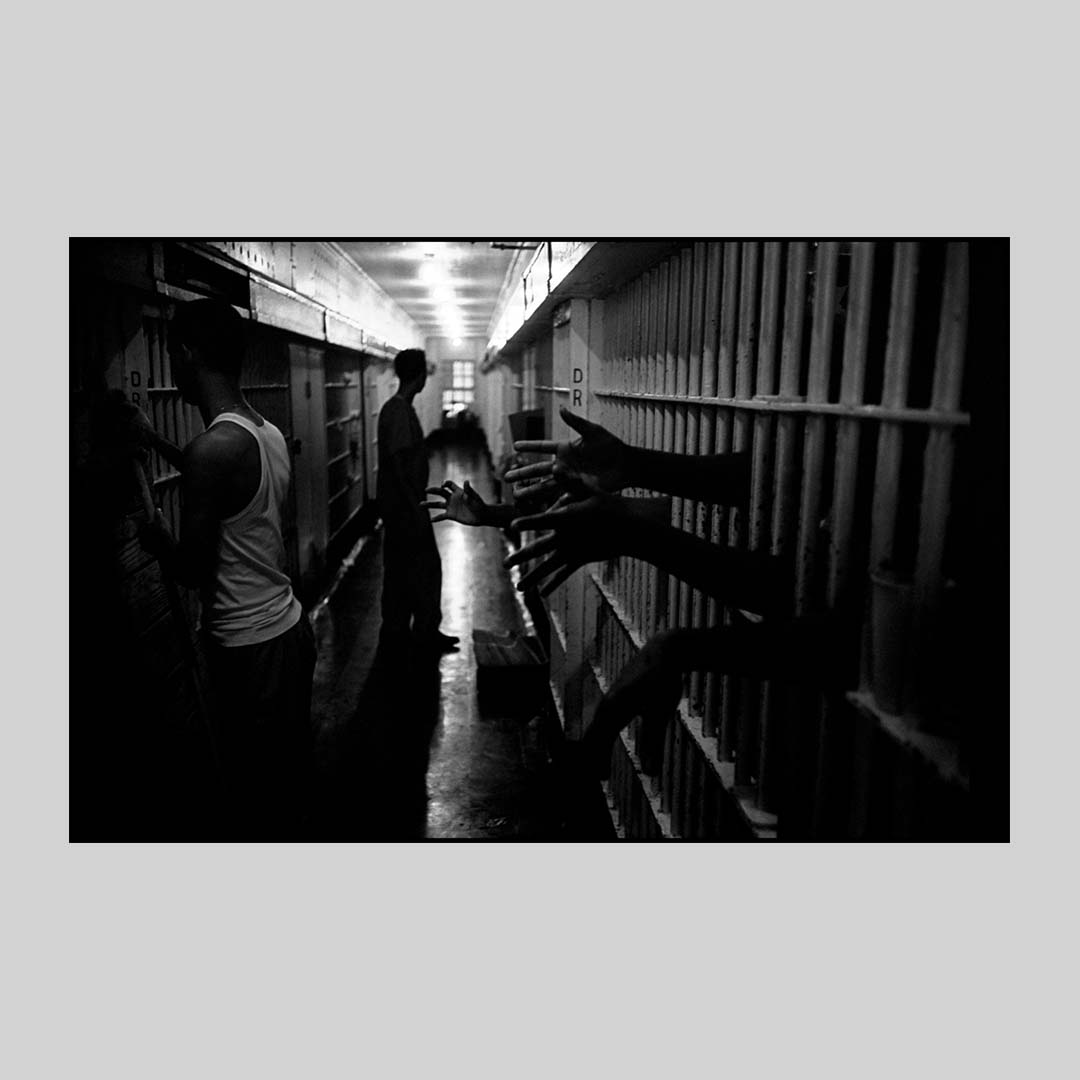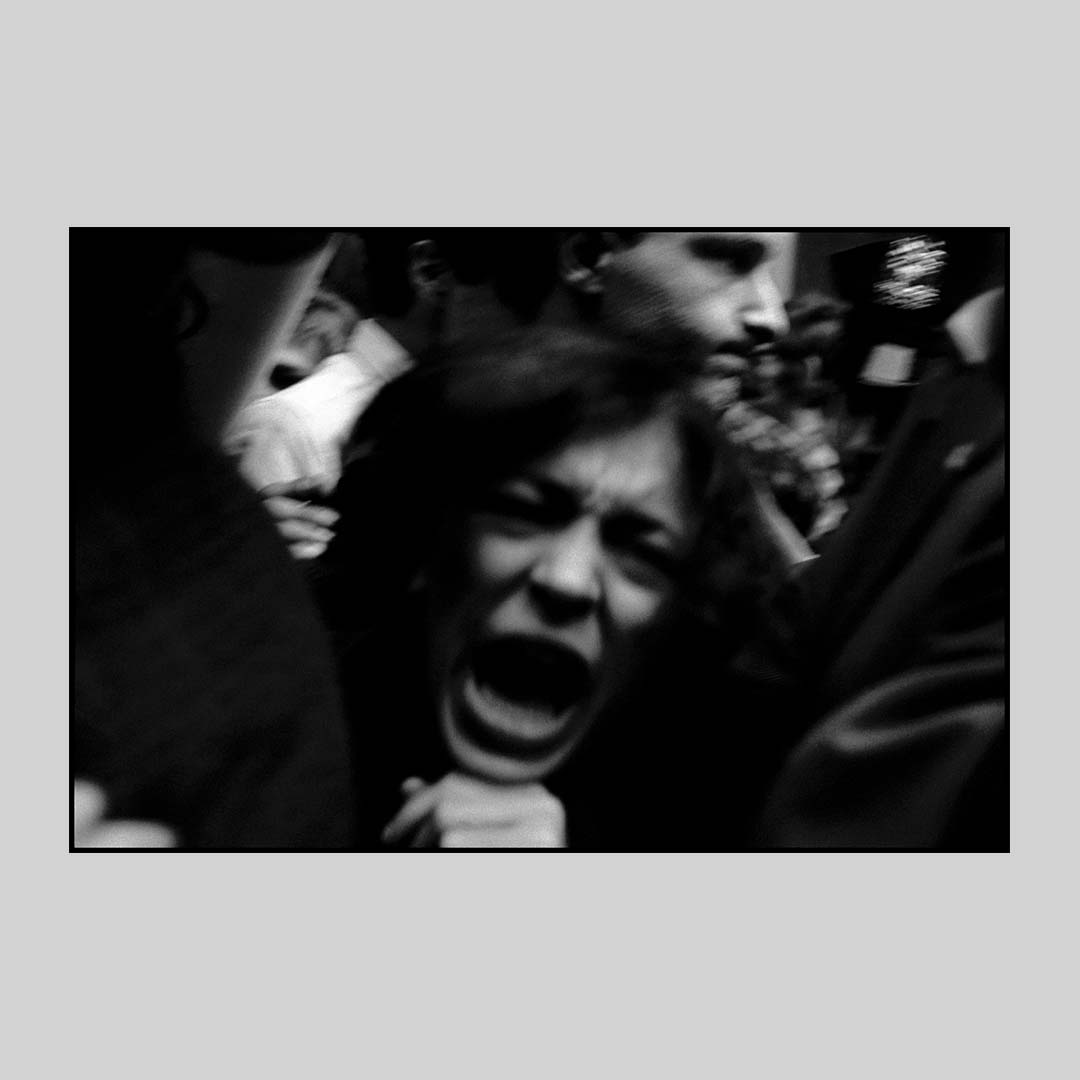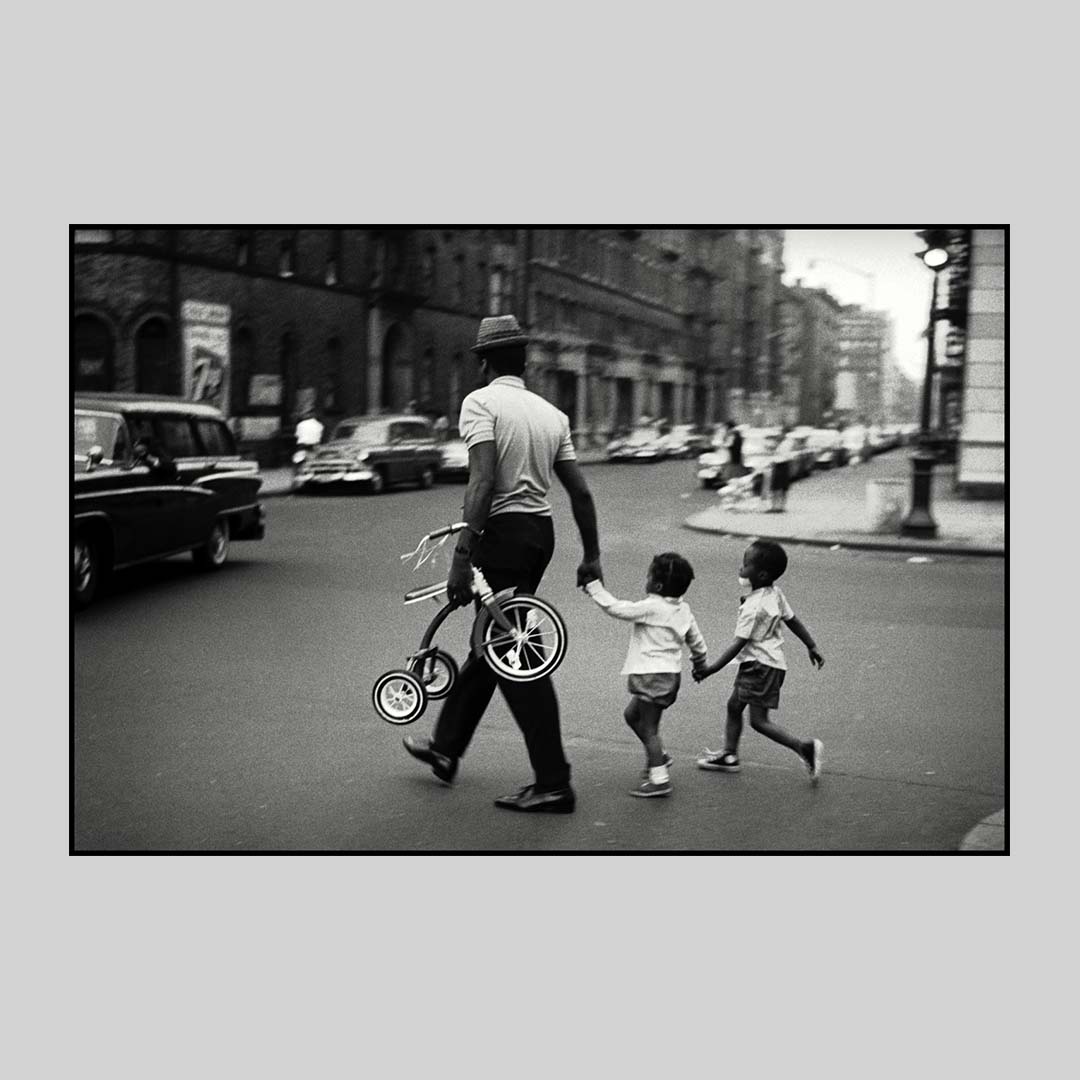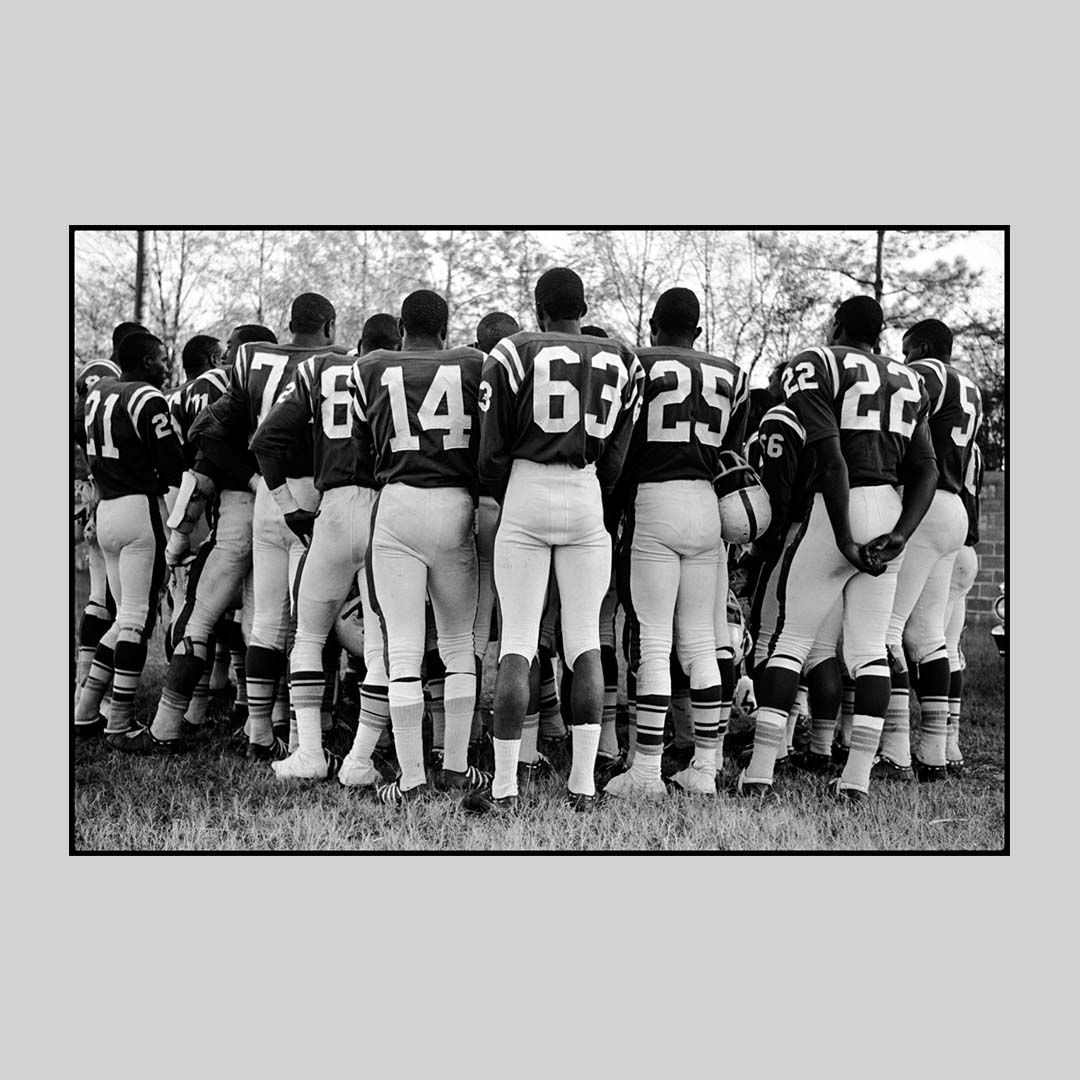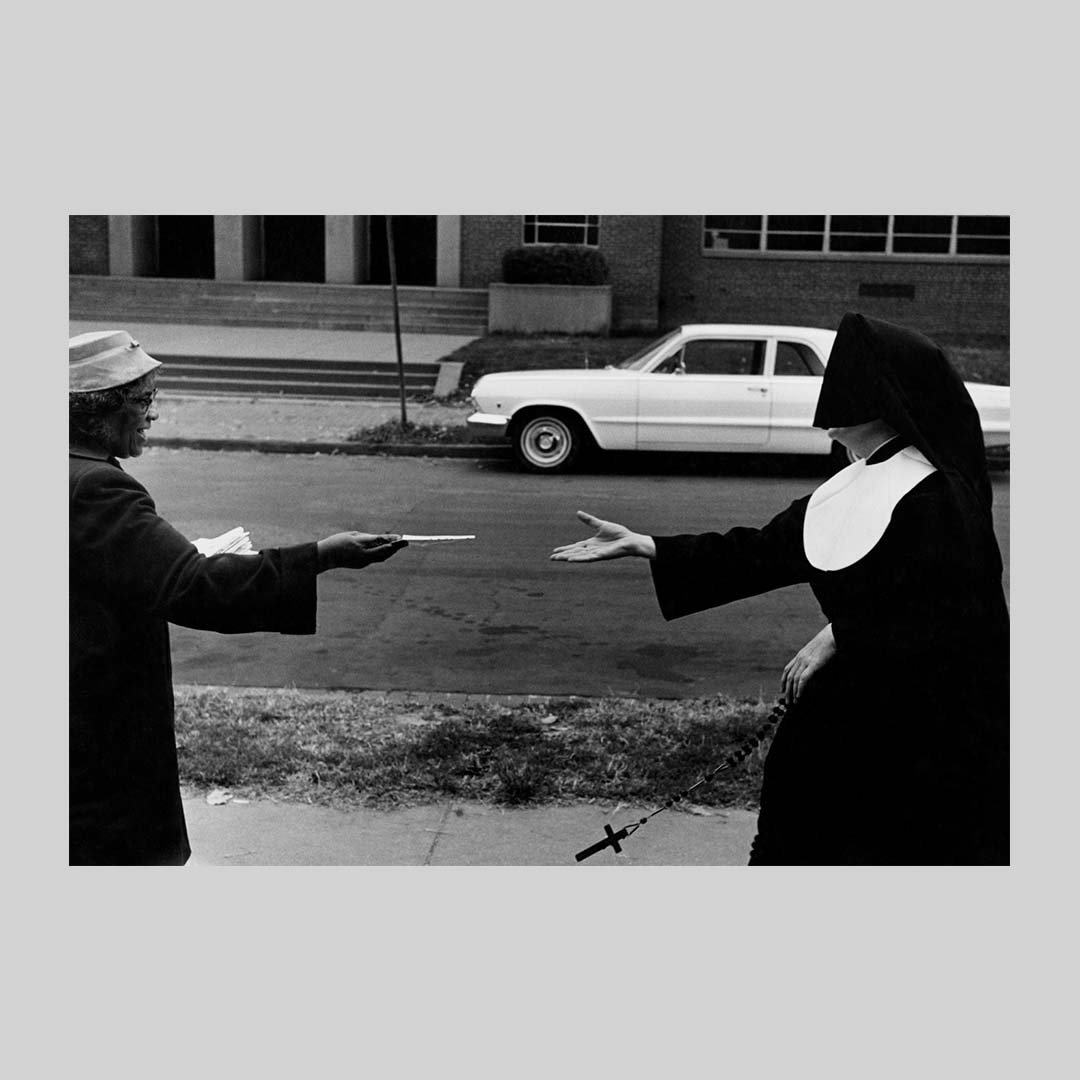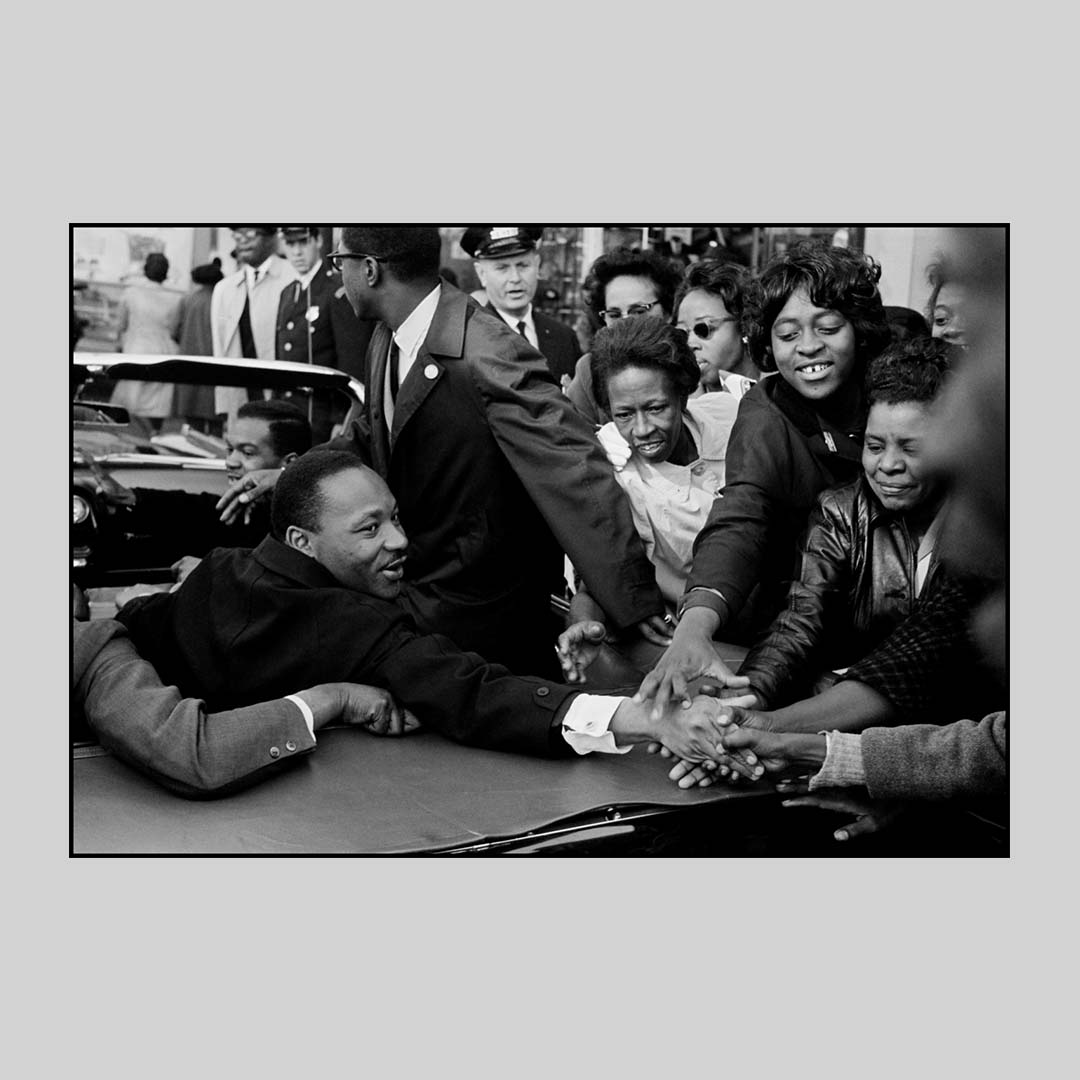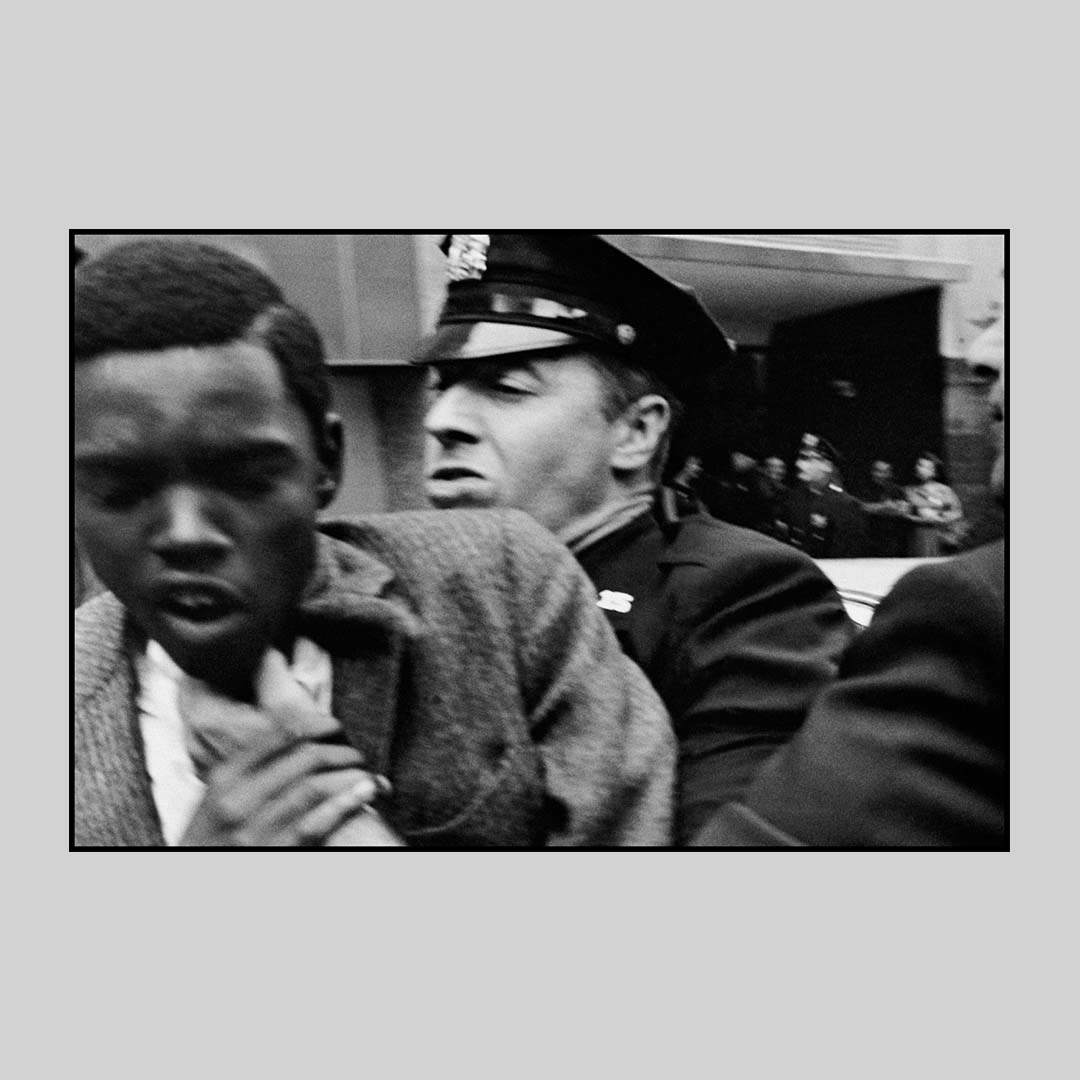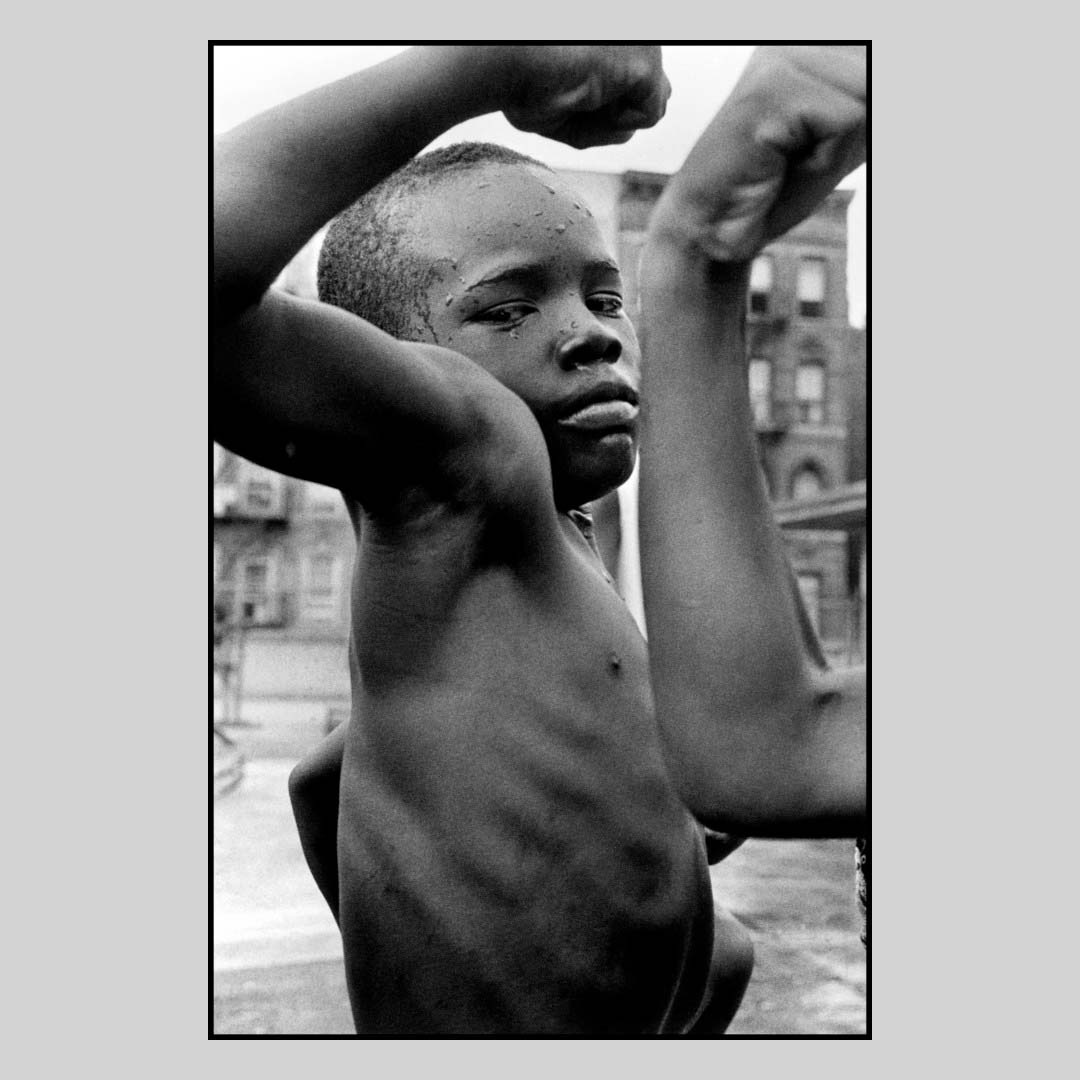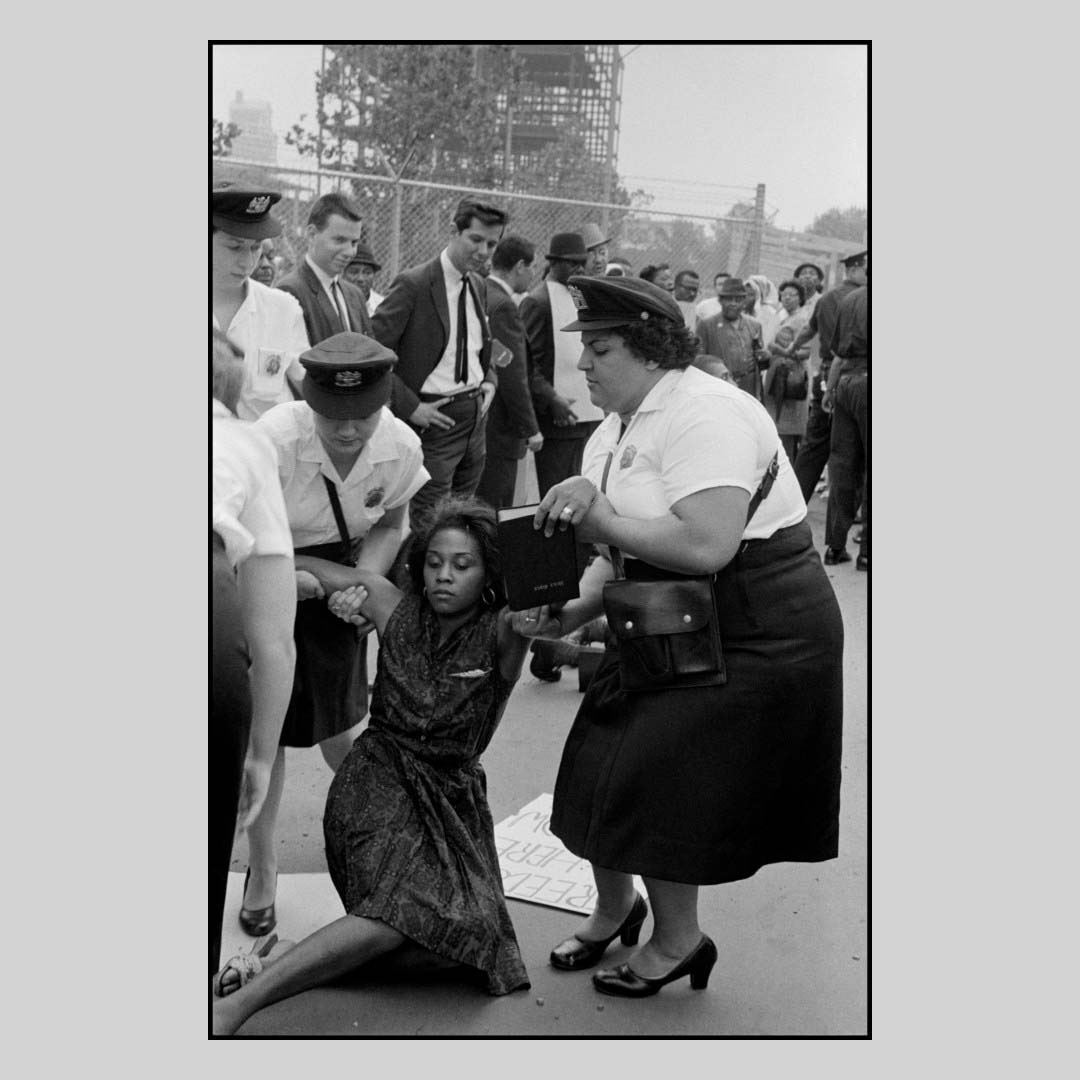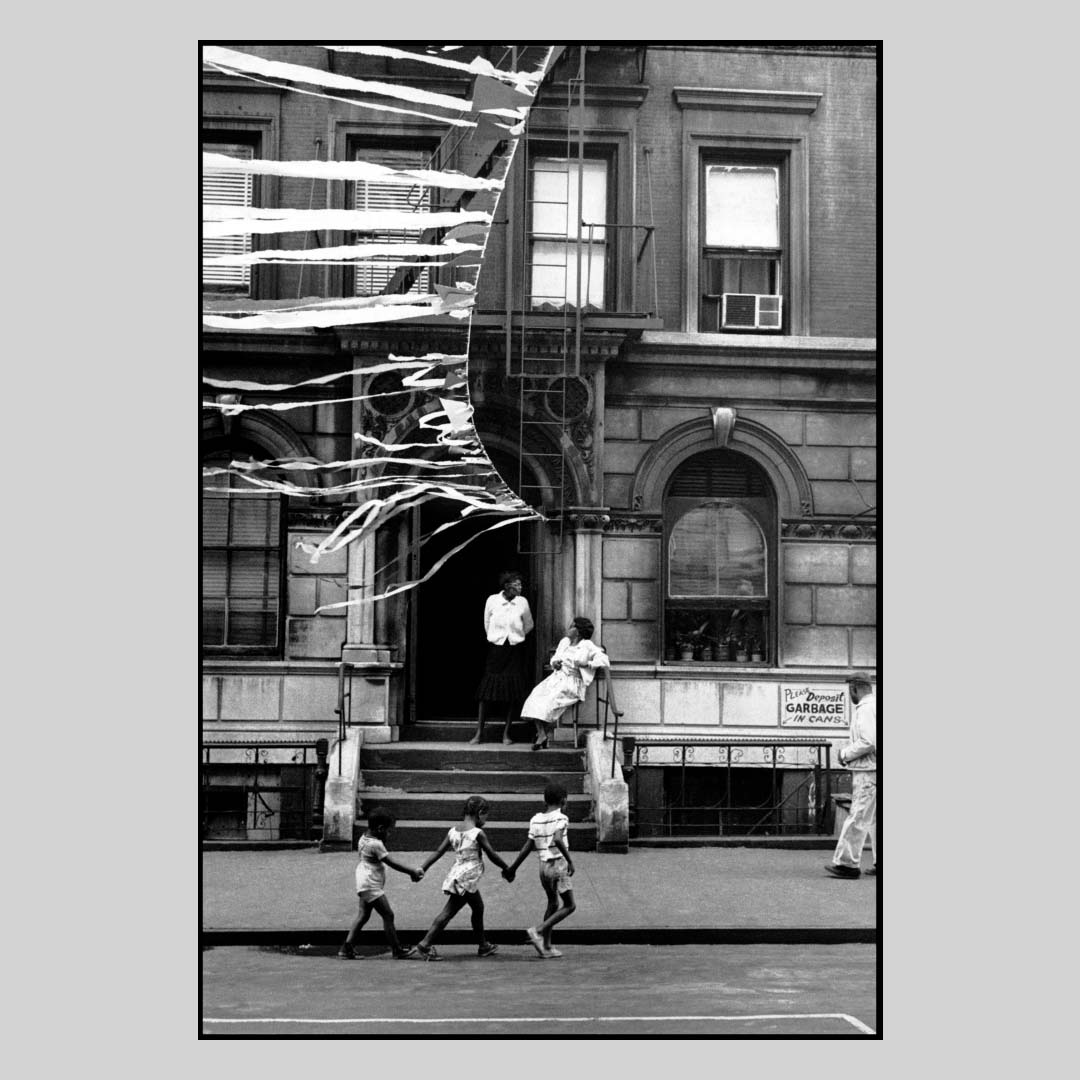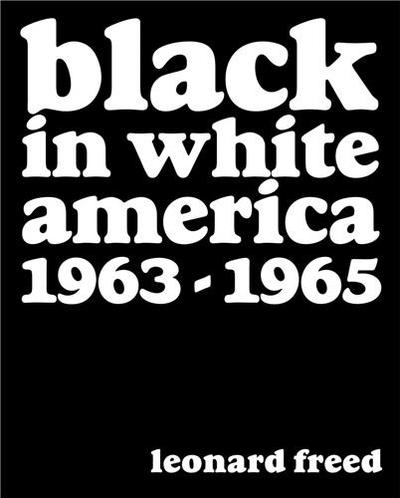Leonard Freed Black in White America 1963-1965 /English
Leonard Freed Black in White America 1963-1965 /English
Black in White America 1963-1965 \n \nLeonard Freed's book, Black in White
America, was originally published in 1969, and was rightly hailed as
a benchmark in reporting on black life in the United States between
1963 and 1965. Later editions of this book were essentially
reproductions, and rethinking Freed's work for a new edition was therefore
a proposition that is both intimidating and exciting. Tony Nourmand (the publisher
of Reel Art Press), Brigitte, Leonard Freed's widow (who was also his
collaborator and his printmaker), Freed's daughter Susannah, and
I myself have decided to make the new book in a large format
hardcover, with better reproductions and text edited for the
make it more photo-oriented. We also added several photos
unpublished, scanned from the original prints that Brigitte had made.
The result, in this new edition, now entitled Black in White
America 1963-1965, presents his work with strength and greater clarity
than before. \n \nThe hopes, the struggles, the challenges, the degradations, the
joys and sorrows that black people in the United States have historically faced
confronted are fully exposed in Freed's work. What is striking,
is that little has changed in nearly sixty years. The elimination of
voters, inequality of opportunity, police violence (including
murders) and incessant racism are still an integral part of people's lives
Blacks, despite the progress made. Leonard Freed approached his work as a
anxious photographer, and not like an anthropologist, always finding emotion
in every situation. The description of the daily life of black families
shows that we share a common humanity. The simple photograph of a
father holding a tricycle, crossing the street with his children, is deep in
its banality. Hopeful images like those of the March on
Washington, a photo of Martin Luther King Jr. speaking at a
synagogue, and another showing him smiling as he is greeted by a
Adoring crowds in Maryland contrast with scenes of incarceration
brutal in Angola prison, Louisiana. Black fashion shows at
Brooklyn and Harlem contrast with CORE (Congress of
Racial Equality), where peaceful black protesters are arrested by the
New York police. In one photo, a woman takes part in a protest
CORE seat holds a sign that reads "End White Supremacy"
(End White Supremacy), a statement, a sentiment and a scene
which could not be more relevant today.
Share
